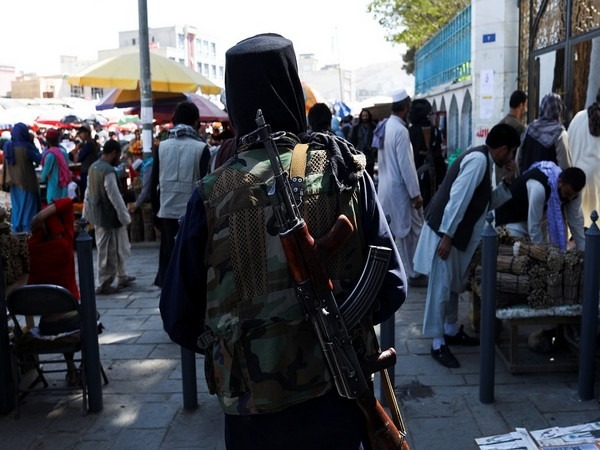

Amid unabated human rights violations in Afghanistan due to Taliban rule, the war-torn country has been ranked as the “least secure” country in the world, local media reported citing a report by Gallup’s Law and Order Index.
The survey evaluated around 120 countries based on the safety and security of the country’s citizens. This report comes after Afghanistan retained its position in the Global Peace Index for five years as the world’s “least peaceful” country, Khaama Press reported.
Afghanistan emerged with a score of 51 as the survey was conducted on the basis of how safe people feel in their communities or have been prone to theft or assault in the previous year.
Despite the low score in 2021, Afghanistan’s score was an improvement over its previous result in 2019, which was 43 according to Gallup’s survey. The surveys conducted by Gallup in Afghanistan in 2021 were conducted when the US withdrew its troops.
However, Singapore was rated as the most secure, with a score of 96 in the survey report, according to Khaama Press.
According to Gallup’s index, Afghanistan is the country in which the people are “least likely” to feel safe while walking at night alone since the Taliban seized power in Afghanistan.
Since the Taliban seized power in Kabul last year, the human rights situation has been exacerbated by a nationwide economic, financial and humanitarian crisis of unprecedented scale.
Acts of terror, killings, blasts, and attacks have become a regular affair with unabated human rights violations involving the ceaseless murder of civilians, destroying mosques and temples, assaulting women, and fueling terror in the region.
The Taliban dismantled the system to respond to gender-based violence, created new barriers to women accessing health care, blocked women’s aid workers from doing their jobs, and attacked women’s rights protesters.
With the US troops’ withdrawal from the country, large-scale violence has been unleashed creating political uncertainty in different parts of the country. At least 59 per cent of the population is now in need of humanitarian assistance – an increase of 6 million people compared with the beginning of 2021, according to UNAMA.